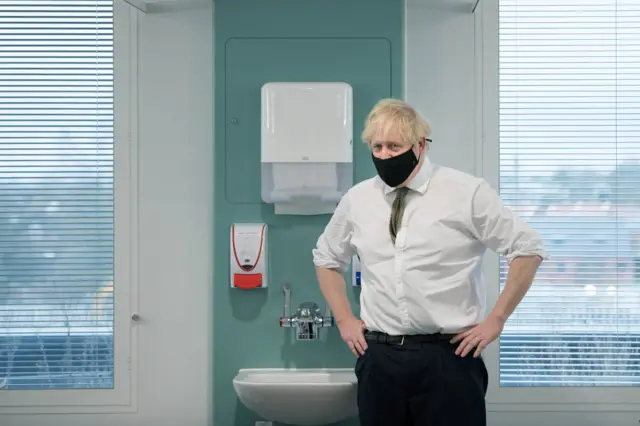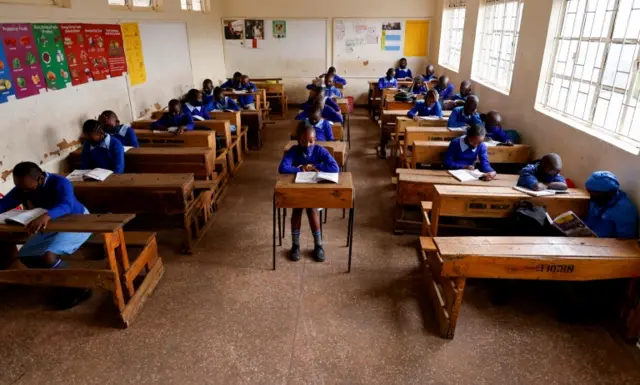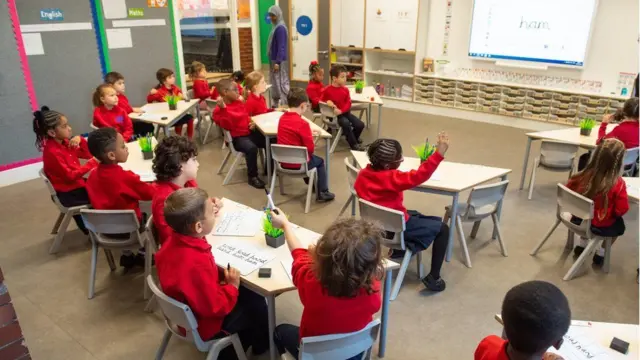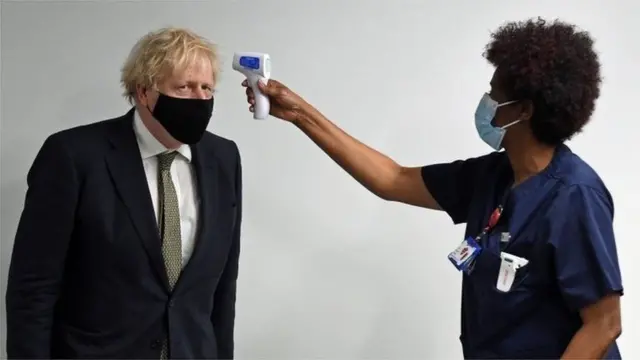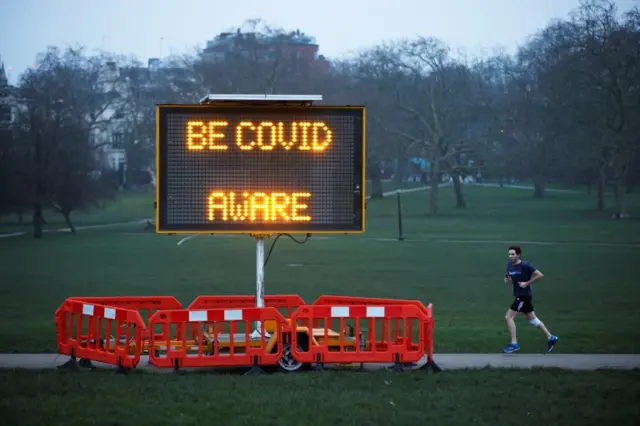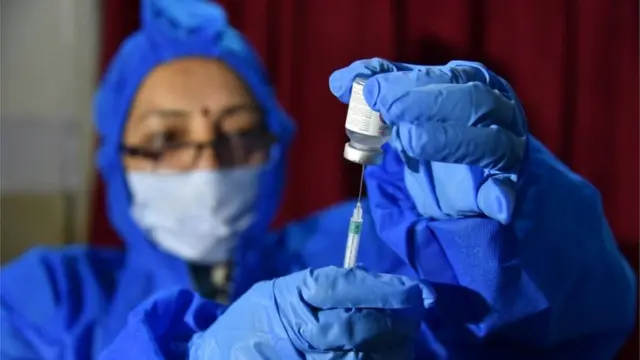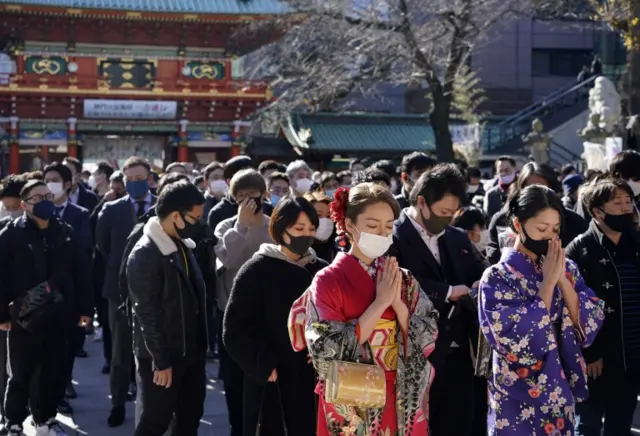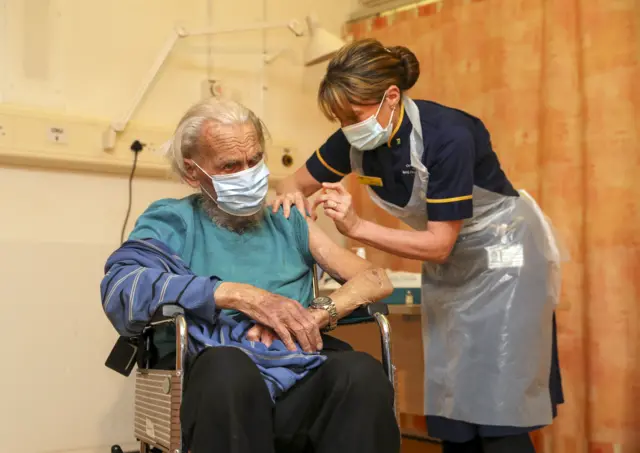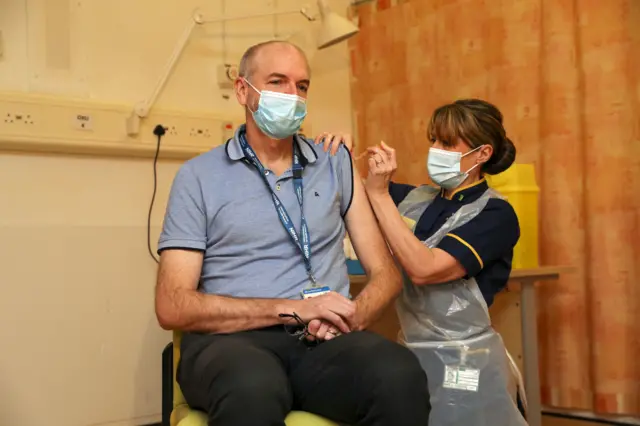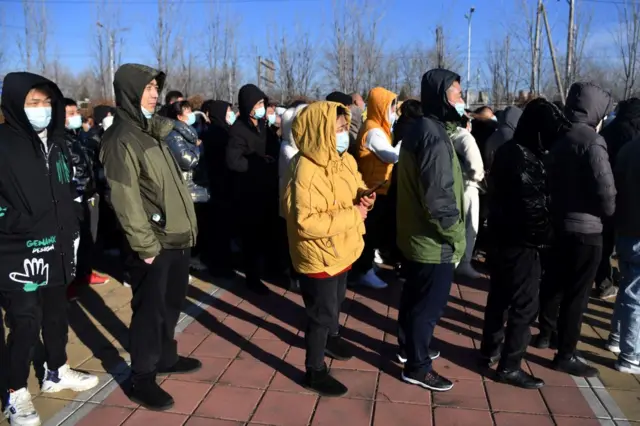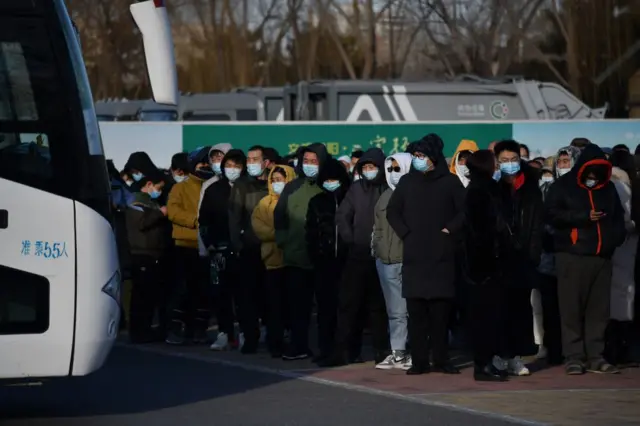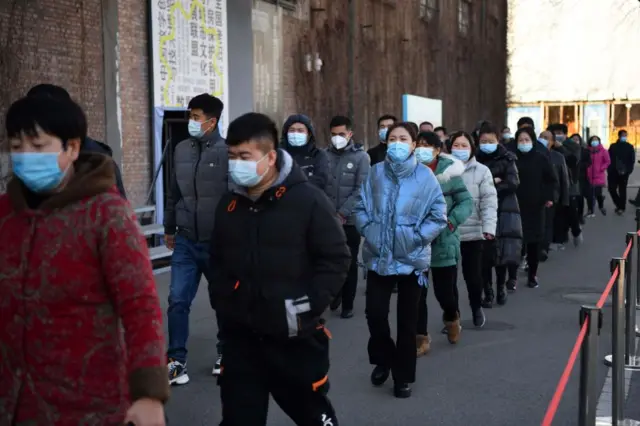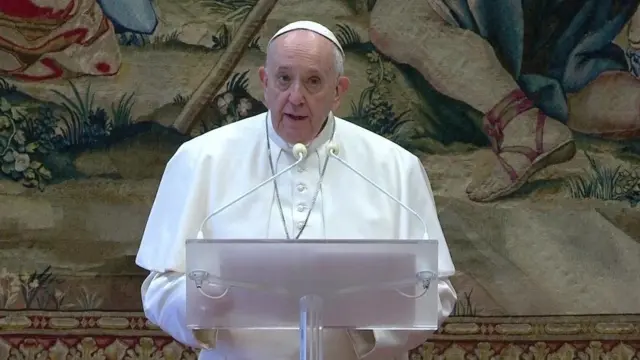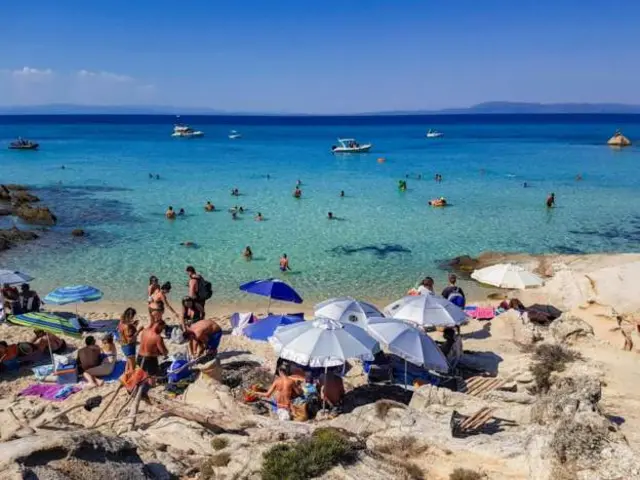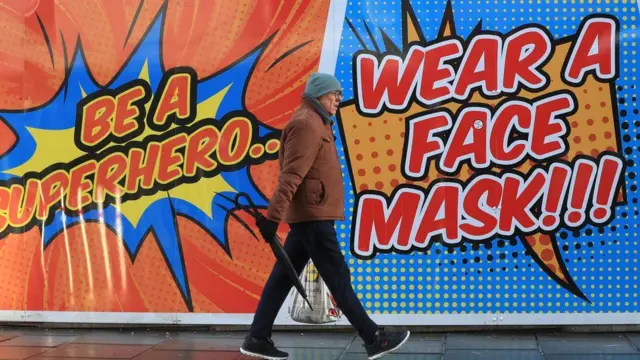Germany looking into delaying second vaccine dose - reportpublished at 11:57 GMT 4 January 2021
Germany is seeking advice on whether to delay giving the second dose of the Pfizer/BioNTech vaccine to make supplies go further, in a similar move to the UK, according to a document seen by the Reuters news agency.
The country's health ministry has asked an independent vaccination commission for its opinion on administering the second shot later than 42 days after the first.
The UK will give both parts of both the Pfizer and the Oxford vaccines 12 weeks apart, having initially planned to leave 21 days between the Pfizer jabs.
